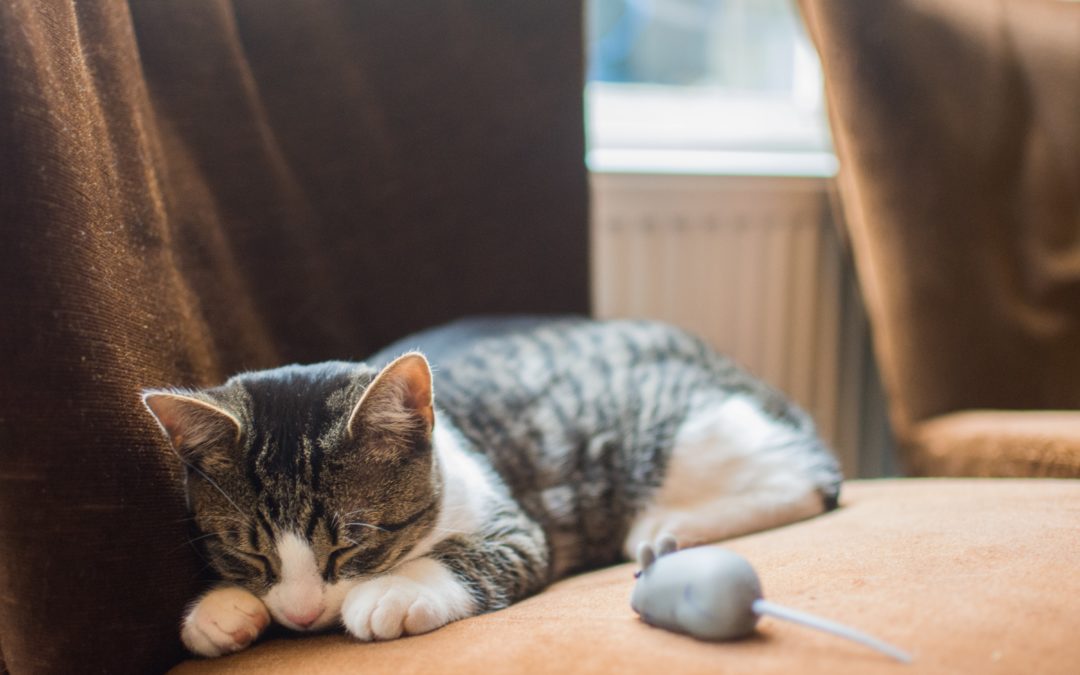Do you think your home is safe for your pet? Home dangers, such as everyday toxins and items most people have in their homes, can be hazardous to our beloved four-legged friends. From mistake drinks to certain plants and medications we take ourselves, it’s important to know what potential harm these common items may cause our pets. In this blog post, we’ll discuss the five main toxins present in most households and how they can pose a risk to animal companions of all ages and sizes. Ready to keep Fido safe? Read on!
#1: Medications
One of the most common household hazards that pets ingest are medications—from an entire pack of beef-flavored heartworm preventives, to their owner’s prescription heart medication. Pets, and food-motivated dogs in particular, often snatch up dropped pills before their owners can grab them. They may also sniff out pill bottles in guests’ luggage, or raid the countertop. Medication overdoses can be fatal for pets, so contact an animal poison control hotline immediately.
#2: Food
The kitchen is a tempting place for your pet, and holds many delicious hazards. Chocolate, macadamia nuts, xylitol, avocados, unbaked yeast dough, alcohol, grapes, and raisins are the most common toxic foods that can cause serious illnesses ranging from kidney failure and seizures, to alcohol poisoning and severe hypoglycemia, in pets. Prevent your counter-surfing pet from helping you cook in the kitchen, and purchase a locking trash can to keep out inquisitive noses.
#3: Household chemicals
Every chemical in your home can cause your pet harm if they ingest enough. Ensure the following common chemicals are locked up away from your pet:
- Cleaning products
- Disinfectants
- Aerosol air fresheners and other products
- Candles
- Antifreeze
- Windshield washer fluid
- Paint
- Glue
- Nail polish remover
#4: Houseplants
Many houseplants, and the chemicals that help them thrive, are poisonous to pets. Lilies in particular are exceptionally hazardous to cats, and coming in contact with only the pollen can be fatal. Other common houseplants that pose a threat to your pet include dieffenbachia, elephant ear, and spider plants. Several outdoor plants, such as ivy and oleander, can also be poisonous to pets. Before bringing a bouquet inside your home or adding greenery to your garden, check the ASPCA’s toxic plant list to ensure your blooms are pet-safe.
#5: Batteries and coins
Batteries and coins can cause metal poisoning if ingested. If your pet chews and punctures a battery, they can suffer from chemical burns. Intact batteries swallowed whole can become a gastrointestinal blockage.
If you think your pet has been in contact with a toxic substance, contact our team immediately.

